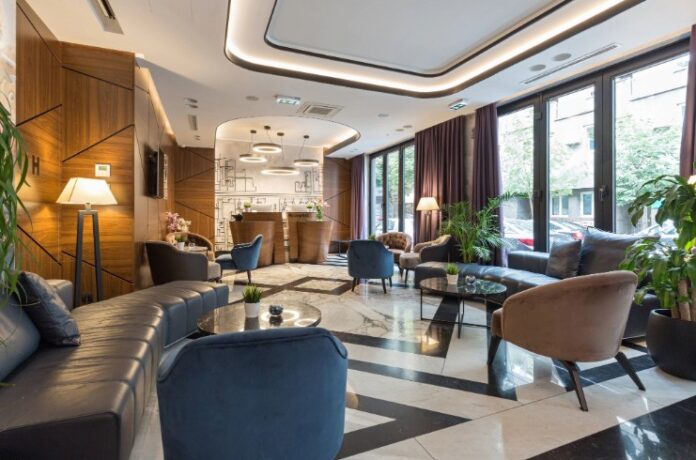
Hotels are getting “smarter” every day. With new technology like artificial intelligence (AI), cloud software, and smart gadgets, hotels can now offer benefits like contactless check-ins and personalized guest experiences. These tools are meant to make guests happier and hotel operations smoother. But here’s the catch: All these developments are coming faster than hotels can figure out how to use them.
To keep up, hotels need their systems to better talk to each other. When data from different tools and platforms can be shared easily, hotels can improve how they operate behind the scenes and make guests feel special during their stay, delivering that unique guest experience everyone dreams of.
Why Data Velocity Matters
These days, keeping guests loyal is the quickest way to drive revenue. To do that, hotels need fast access to real-time data — like guests’ preferences or booking details — so they can respond quickly and offer better service. But many hotels struggle because their systems simply don’t work well together.
When asked if they need access to real-time data streaming via APIs, hotel leaders often said, “Yes!” And yet, when diving deeper into how they plan to tackle that project, it became clear that it’s not something their teams can solve easily or quickly. This is also a good reminder for all the hotel tech companies out there that it’s in their power to help the hotelier (and ultimately the guest) by creating tools that seamlessly connect data in real-time.
The Challenges of Real-Time Data
Even though cloud-based solutions are popular, combining all the data from different systems isn’t as easy as it sounds. The integration of these new tools can take a long time. While the move to the cloud leads many hoteliers, brands, and management companies to believe it will be a panacea, it’s now clear that there are many disconnected clouds. Not to mention, hotel chains are changing ownership, meaning even more systems need to be connected. Without proper planning, this can quickly get messy.
How Connected Systems Help Hotels
When a hotel brand’s technology works together smoothly, it’s like having a team that communicates perfectly. For instance:
- Sharing reservation information in real-time to backend automations like RPA or payment orchestrations can automate tasks and reduce errors.
- Guest preferences could be shared with staff, so they know exactly what someone likes before they arrive.
Cloud-based tools also make it easier for hotels to grow or add new features without needing expensive upgrades. They save time and money while making everything run more efficiently.
But even with these benefits, hotels still need platforms that help them access data quickly and easily. Here are some examples of the kinds of data that matter:
- Reservations: Who’s coming, when they’re staying, and what they’ve booked.
- Guest profiles: Names, past stays, preferences, loyalty points, and special requests.
- Group bookings: Information about events or large groups staying at the hotel.
- Financial transactions: Details about payments or charges during a guest’s stay.
When this information is connected across systems, hotels can create unique experiences for guests—like offering a favorite drink upon arrival or suggesting activities based on past stays.
AI: The Future of Personalizing Stays
Right now, one big problem is that hotel data is scattered across too many disconnected systems. This makes it hard for AI to work its magic. AI needs clean and organized data to predict what guests might want before they even ask for it.
Imagine if you could:
- Suggest to a guest to preorder food while lounging by the pool or other activities based on their interests or reasons for visiting.
- Help hotel staff by giving them better recommendations for guests in real time.
While AI has huge potential to improve service and save time for staff, it’s not widely used yet because many hotels still rely on outdated systems that don’t share data well.
Making Guests Feel Special
Today’s hotel brands know that offering one-of-a-kind experiences helps them stand out from competitors like online travel agencies (OTAs). How to deliver those experiences can often still be a mystery. By connecting their data systems quickly and efficiently, hotels can:
- Create personalized offers based on what guests like.
- Run marketing campaigns that feel tailor-made for each person.
- Make better decisions faster because all the info is in one place.
When hotels use their data wisely, they can improve everything from guest satisfaction to profits—all while making things easier for their staff, too.











